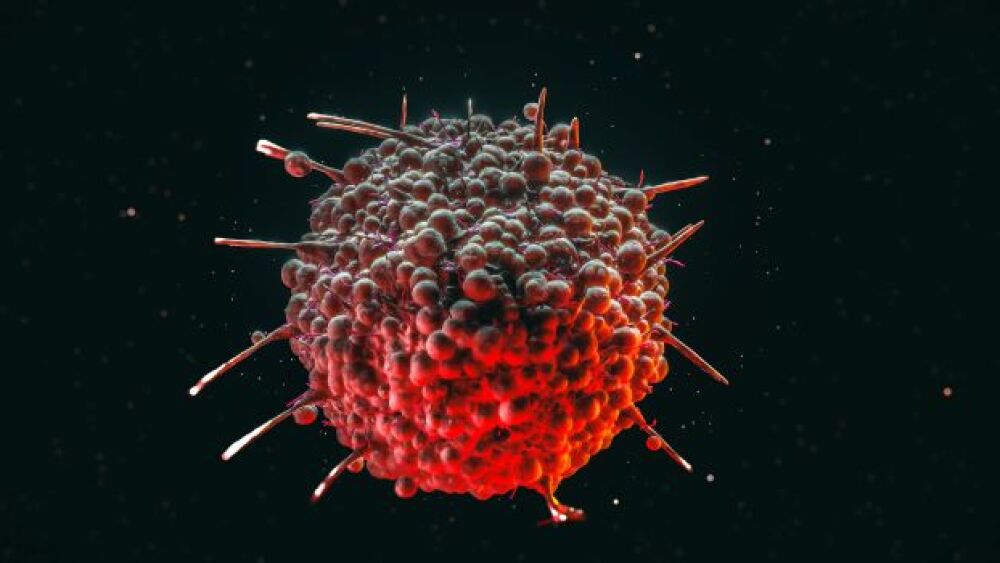Under the agreement, Merck can use Synthekine’s surrogate cytokine agonist platform to discover, develop, and sell new cytokine-based treatments for up to two cytokine targets.
Merck is widening its reach into the treatment of autoimmune diseases by investing in Synthekine, a bioresearch company that develops engineered cytokine therapeutics.
Under a worldwide collaboration and research agreement, Merck can exclusively take advantage of Synthekine’s surrogate cytokine agonist platform to discover, develop, and sell new cytokine-based treatments for up to two cytokine targets. The companies will first look into potential therapies for autoimmune illnesses but can later go into immunology, oncology, and other indications.
Cytokines are small proteins that are essential to immune homeostasis, but developing them to create therapies can be tricky due to their pleiotropic nature. Trying to harness them for treatment often leads to “wild-type” products that have either dose limiting toxicities or low efficacy. However, using Synthekine’s technology, cytokine agonists can dimerize or multimerize cytokine receptors properly, resulting in a wide range of biased and selective signaling potential.
“At Synthekine, we are focused on advancing cytokine science through three protein engineering platforms to create optimized therapeutics in this important space. Our surrogate cytokine agonist platform produces a new class of cytokine therapeutics that are designed to deliver selective immunotherapies for the treatment of autoimmune diseases and cancer,” said Debanjan Ray, chief executive officer of Synthekine, in a statement.
Merck will pay Synthekine upfront, plus another one-time payment if a second target is identified. Synthekine stands to receive as much as $525 million in milestones and royalties from net sales for every target achieved. Funding for research will also come from Merck.
“Emerging insights from immunology and oncology are providing new and different ways to think about treating diseases. We look forward to collaborating with Synthekine to evaluate new approaches to harness the therapeutic potential of cytokines,” added Dr. Dean Y. Li, the president of Merck Research Laboratories.
Just a few days ago, Synthekine announced that the U.S. Food and Drug Administration approved its investigational new drug (IND) application for STK-012, an IL2 partial agonist that has the potential for use as monotherapy or in combination with immune checkpoint inhibitors to treat advanced solid tumors. STK-012 has the ability to stimulate antigen-activated T cells, which are linked with anti-tumor activity while avoiding the stimulation of toxicity-causing killer cells.
“IL-2 is a cytokine with proven benefit as an anti-cancer therapy. However, the indiscriminate activity of IL-2 can cause severe toxicities, limiting its clinical application. We have designed STK-012 to uncouple the efficacy and toxicity of IL-2, and we look forward to now investigating its potential in our first clinical development program,” noted Naiyer Rizvi, M.D., the chief medical officer of Synthekine, in a separate press release.
Synthekine is expected to begin its clinical investigation for SK-012 soon.





